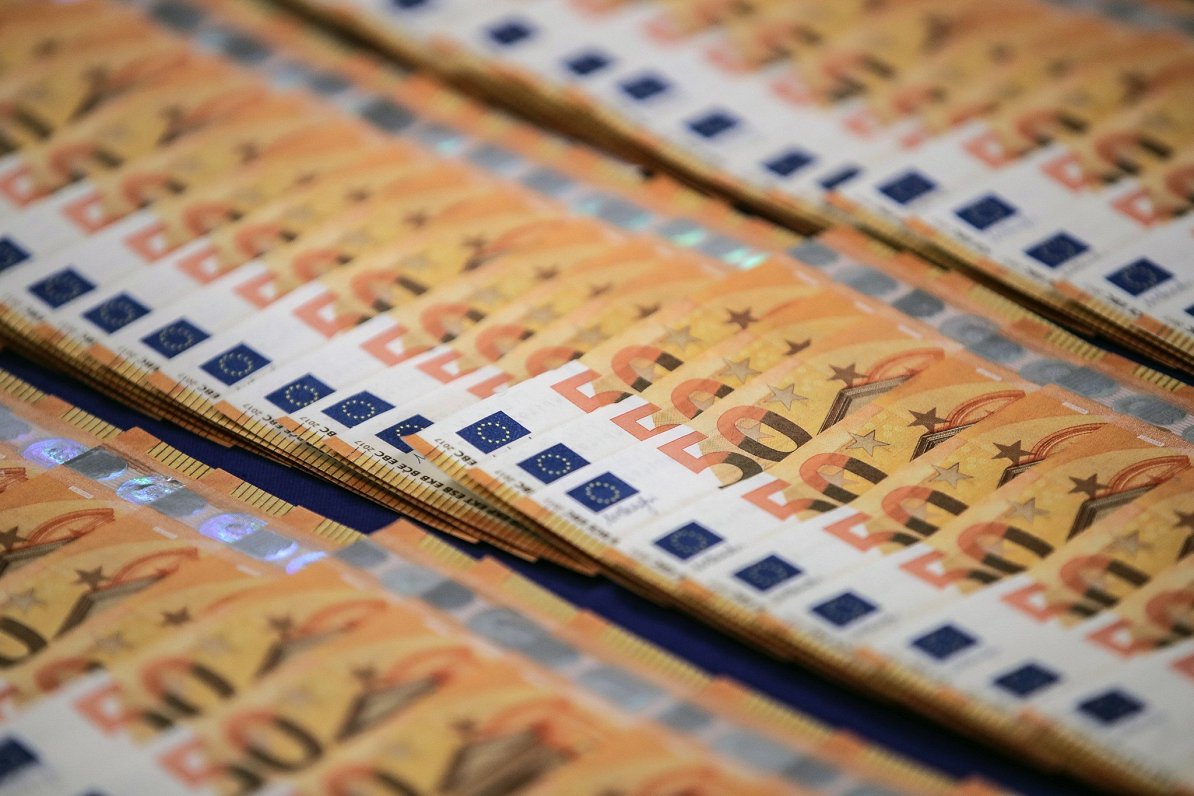If, before the war, the Ministry of Finance (FM) forecast the growth of Latvia's gross domestic product (GDP) at 4% this year, the forecast is now reduced by half. In the stability program approved by the government, which is an introduction to next year's national budget, the so-called fiscal space, or the national capacity to finance new measures, is estimated at €146 million next year. This amount shall remain when the expected increase in expenditure on defense and internal affairs is deducted. The Finance Minister said that financial indicators were surprisingly good.
“We had a meeting with representatives of commercial banks, and they all point out that, in terms of business turnover, this shock of war was one and a half weeks, and now the level of business activity has returned to pre-war conditions. […] This is a very good and positive indicator,” Reirs said.
At the same time, he said that the situation could also deteriorate. The Ministry forecasts that if trade with Russia expires fully, including gas imports, GDP would not rise this year, while inflation could reach 11%. Even if the pessimistic scenario does not come true, inflation has been forecast at 8.5%. Measures are currently underway to compensate the low-income population for price increases. The Minister for Finance said that the State cannot afford as comprehensive aid as when reducing heating and electricity bills.
He also said that Latvia needs to re-finance past debts in the coming years. Next year, €1.6 billion should be paid. As interest rates rise, debt management will cost more and more.
Fiscal Disciplinary Council member economist Mārtiņš Āboliņš said Latvian debt figures are still relatively good, as the deficit turned out to be smaller last year than planned at the beginning of the year. However, it is no longer possible to stimulate the economy at the expense of the deficit because it would raise prices even further.
"The inflation rate is already high. This means that any additional general economic heating measures would likely lead to further price increases. Therefore, it is very important to provide as much aid as possible, because the potential costs could also be quite high," the economist said.
One of the options for the aid is a €200 one-off benefit for pensioners whose incomes do not exceed a certain threshold, said Welfare Minister Gatis Eglītis. Reirs pointed out that this would be in line with the setting that the aid should be targeted, but discussions on it were still ahead. It is likely that special support measures will also be needed in the autumn with the beginning of the heating season.





























